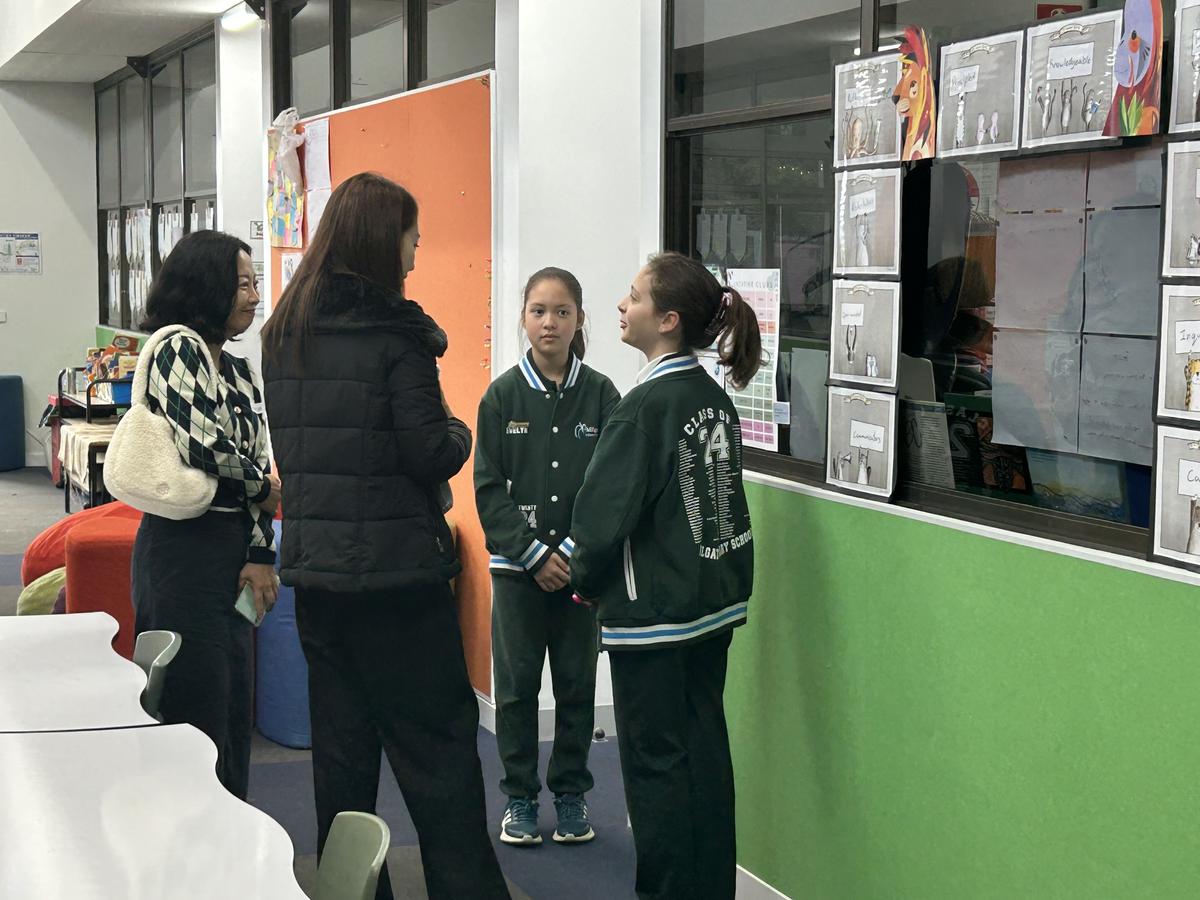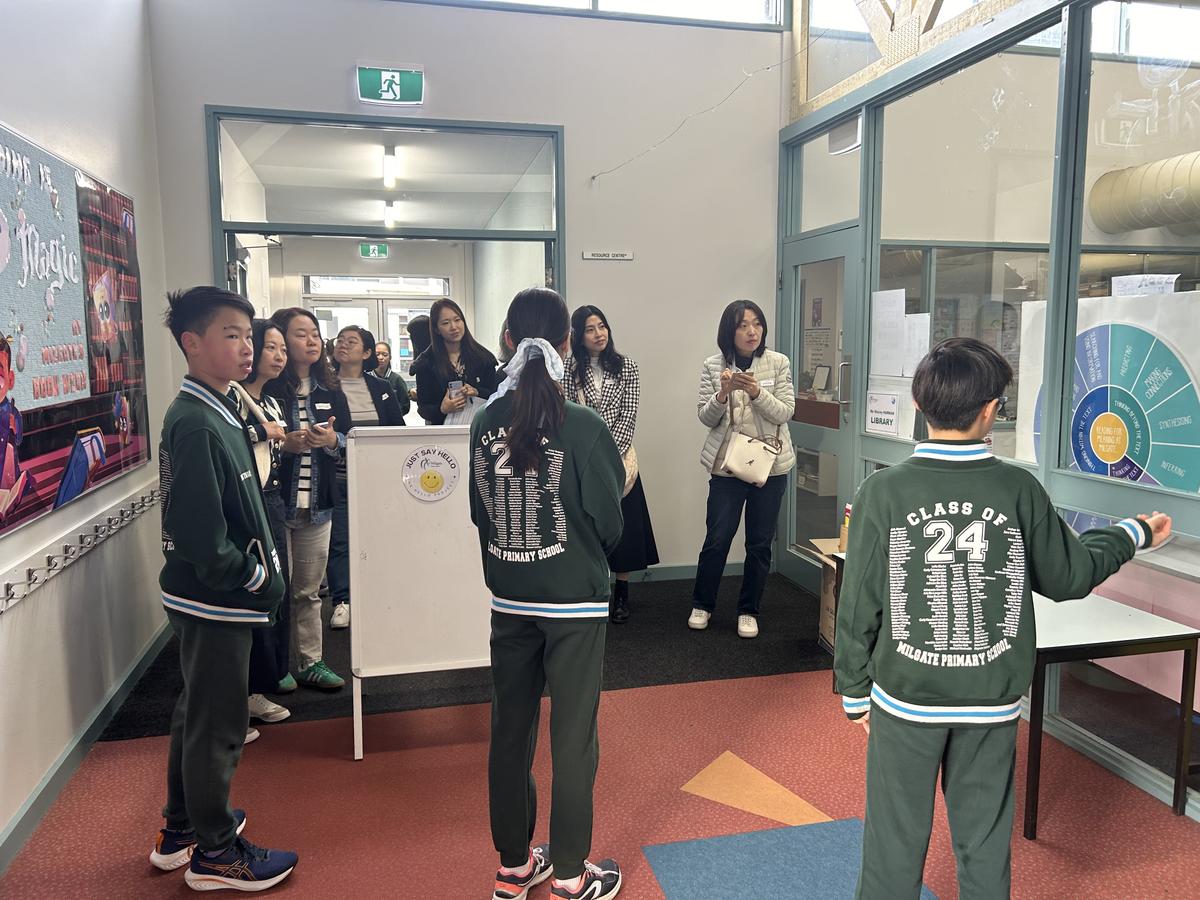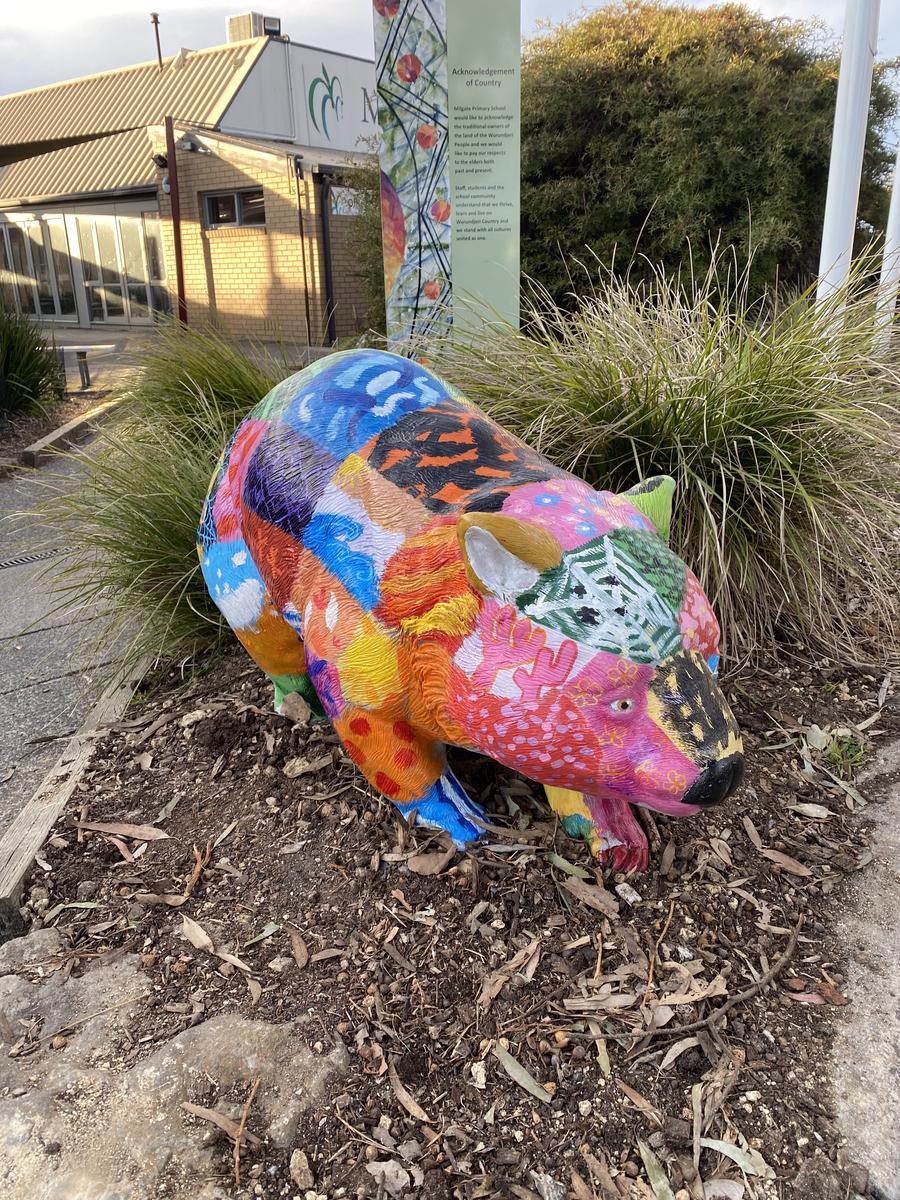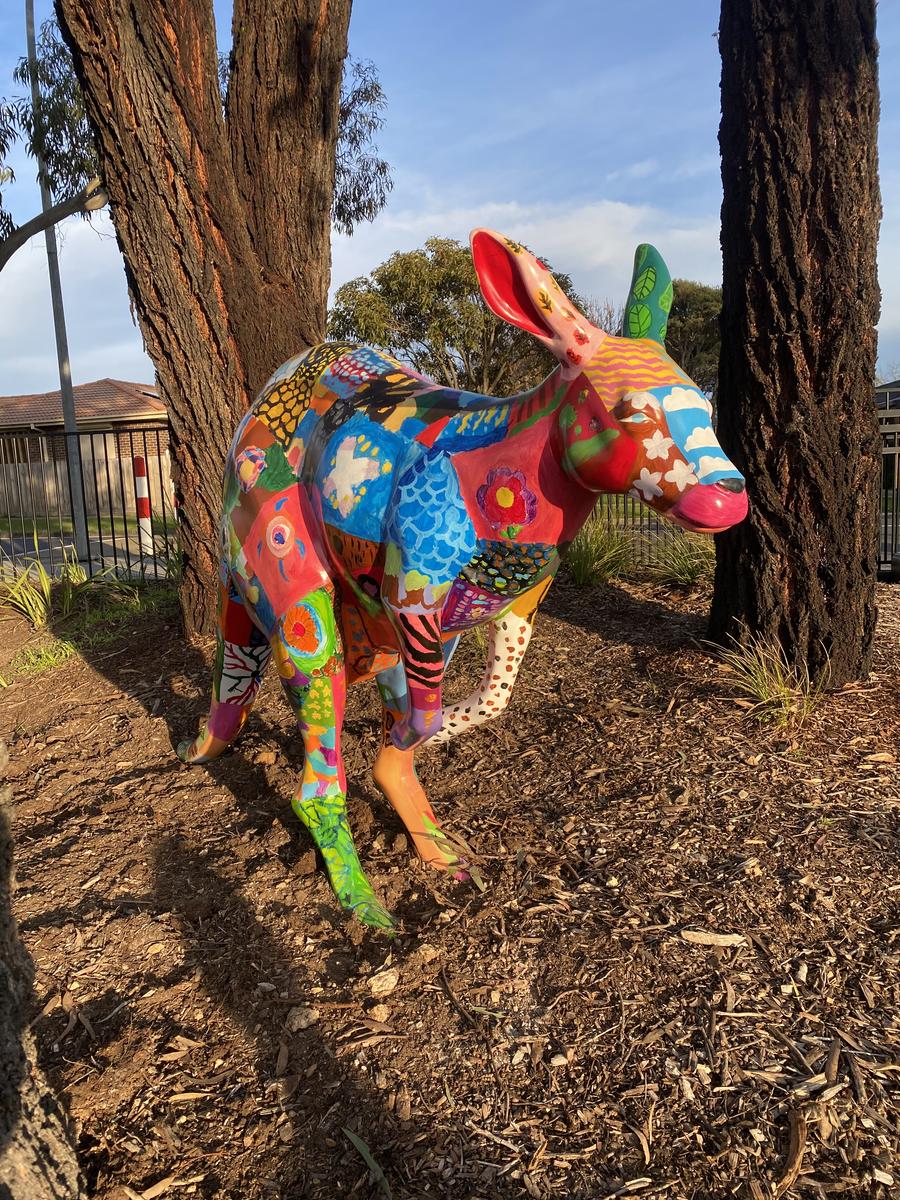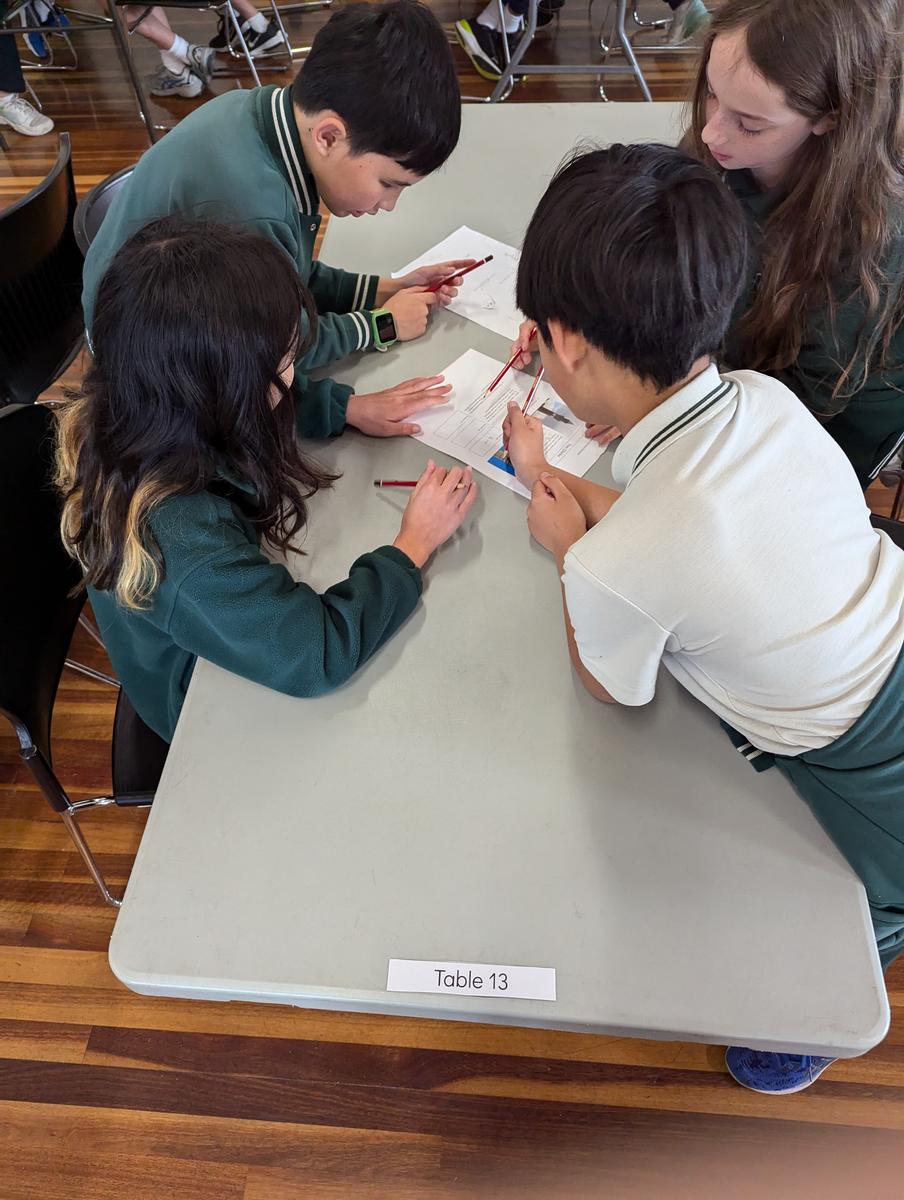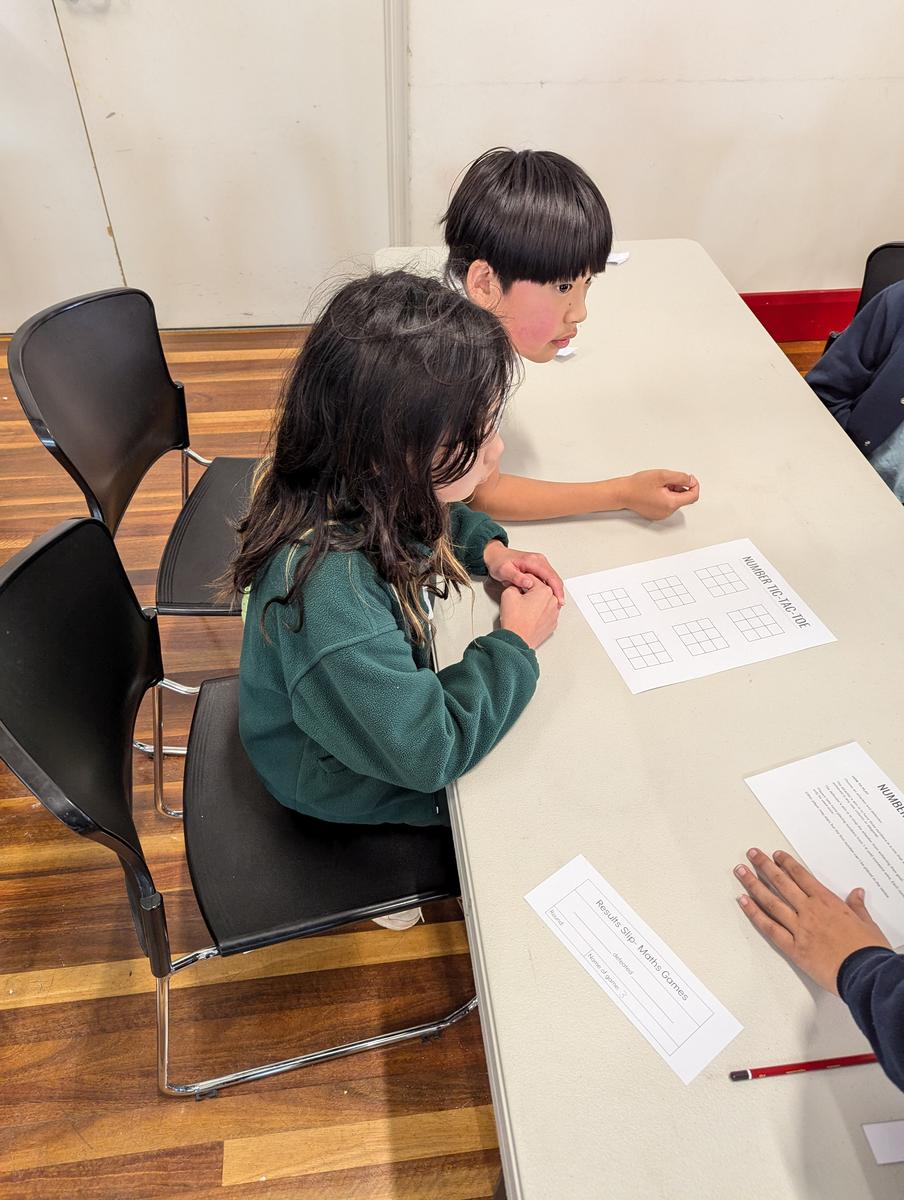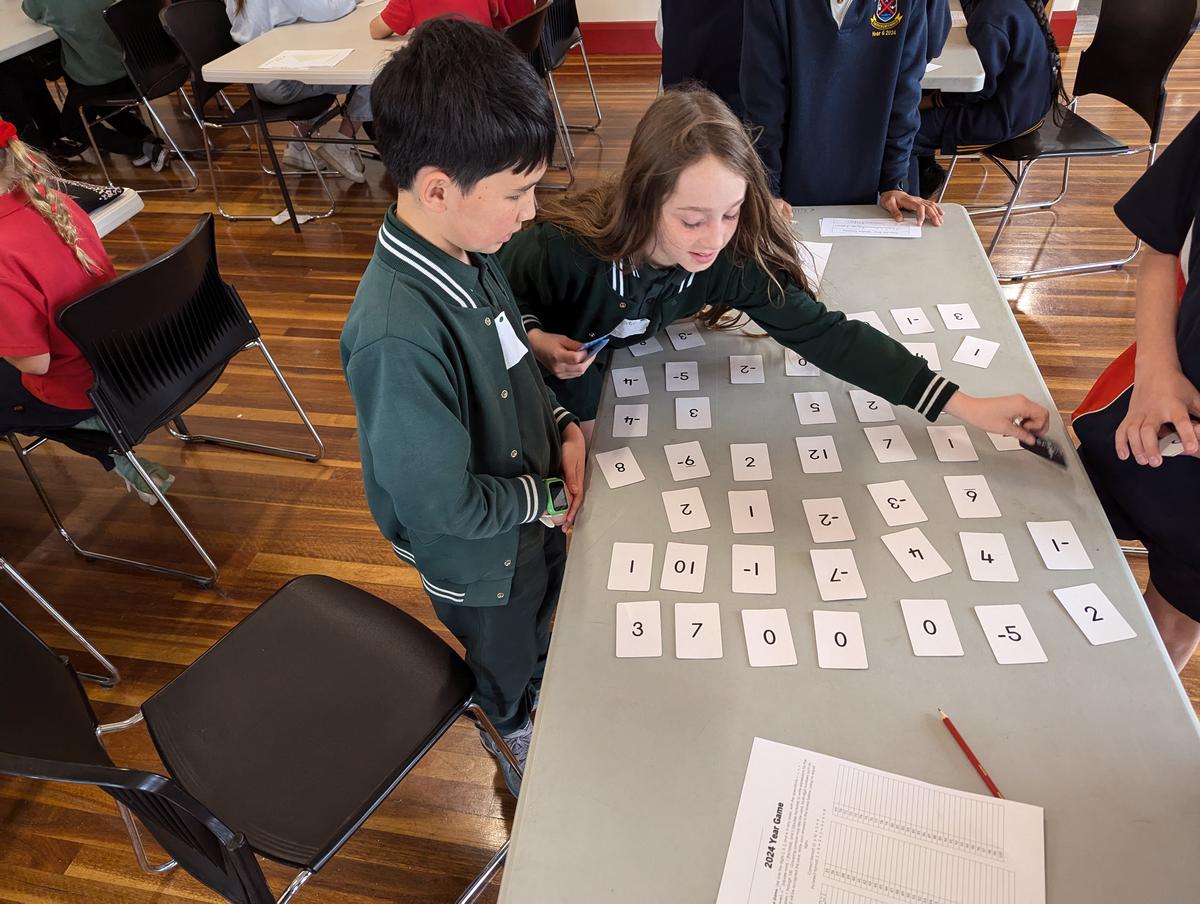PRINCIPAL'S REPORT
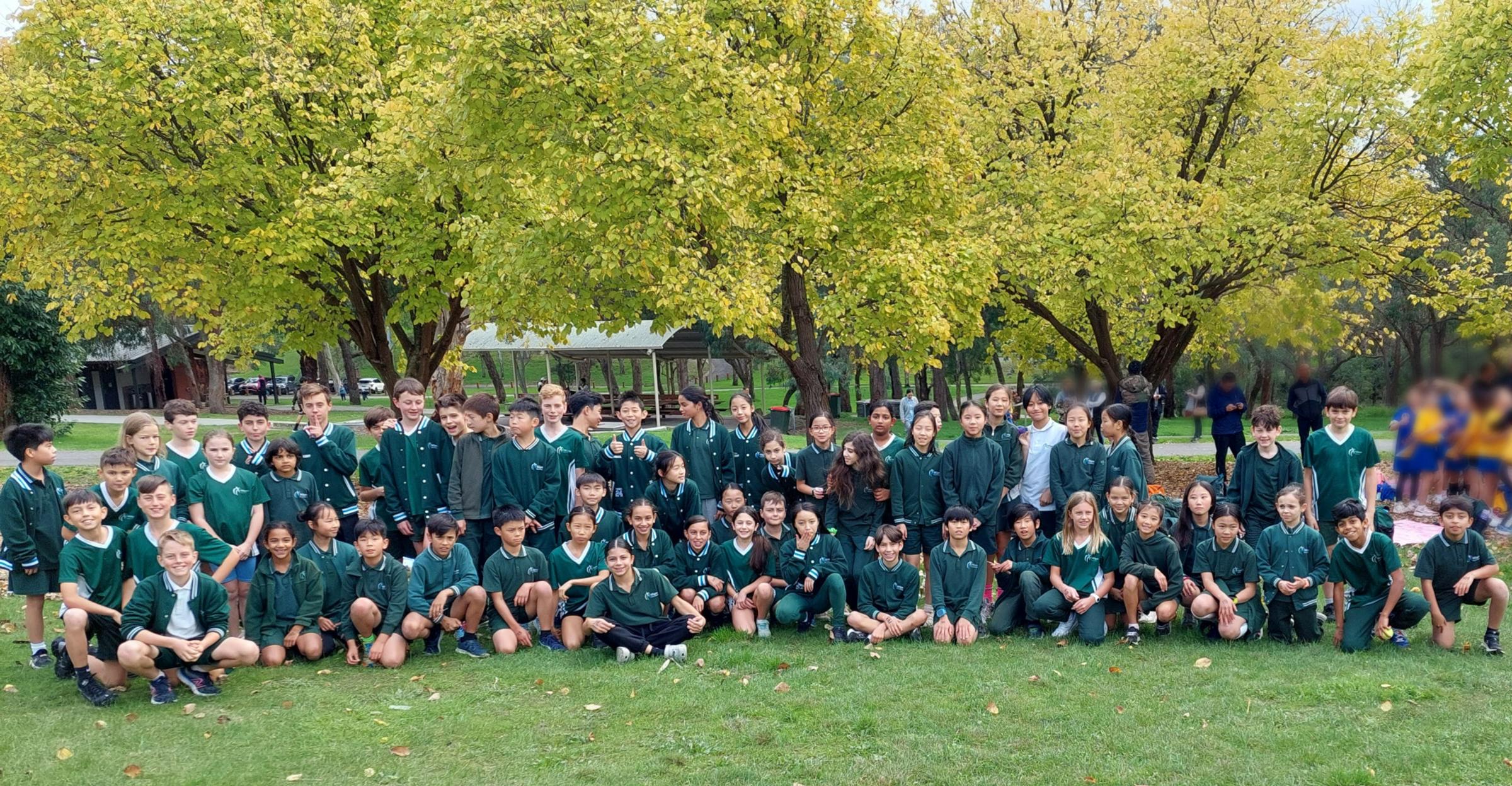
ACKNOWLEDGEMENT OF COUNTRY
Milgate Primary School would like to acknowledge the traditional owners of the land of the Wurundjeri People, and we would like to pay our respects to the elders both past and present. Staff, students and the school community understand that we thrive, learn and live on Wurundjeri Country and we stand with all cultures united as one.
VISTORS FROM SOUTH KOREA
On Monday, Milgate Primary School had the pleasure of hosting eight teachers and Department of Education staff from South Korea. The purpose of their visit was multifaceted, aiming to observe our implementation of the Primary Years Programme (PYP), gain a comprehensive understanding of our wellbeing approach, and learn about the ways in which our students exercise agency, having both voice and choice in their learning.
Our school leaders took pride in representing Milgate Primary School by conducting al tour for our visitors. They showcased various aspects of our environment, highlighting our commitment to fostering student autonomy and engagement. The tour included visits to classrooms where our visitors could witness firsthand how our inquiry-based learning model operates, as well as interactions with students who shared their experiences and learning.
Through this exchange, we were able to share our best practices and learn from the perspectives of our South Korean colleagues.
NEW ART DISPLAY
We are excited to announce that our wallaby, wombat, and kangaroo artworks have found their permanent home at the front of the school. These beautiful pieces were created by our talented students under the guidance of Miss Zebisch. We invite everyone to take the time to admire these wonderful artworks. Please remember to look but not touch, so we can preserve them for everyone to enjoy.
STUDENT SHOUT OUT
Lachie S in Y5 came 2nd in Australia in his division in Kumite (sparing) last weekend in Geelong. Lachie S competed in the U12-35kg category. Charlie L in Y5 also won a bronze medal in the U12+45kg category. Well done Lachie and Charlie on your amazing efforts!
MAV MATHS GAMES DAY - YEAR 5
On Thursday the 8th of August, four Milgate students headed off to St Patrick’s Catholic Parish Primary School in Mentone for a day filled with maths and fun! Joshua S, Jonathon H, Kate A and Amelia F competed on behalf of Milgate Primary School in the Maths Association of Victoria Maths Games Day, where they solved problems, played competitive games and explored maths concepts on the grounds of the school. It was a fantastic day of interacting with students from other schools and collaborating in order to solve challenging problems! Out of the 22 teams that competed, the Milgate team finished 4th which was a wonderful achievement! We look forward to our Year 6 students competing in the same event later this term.
OPEN PARACHUTE PARENT SEMI
The next complimentary Parent Webinar, Neuroaffirming Care: An Introduction for Caregivers of ASD and ADHD Kids’, run by Open Parachute, will be held on Tuesday, 20 August at 7pm.
Neurodivergent Clinical Psychologist Adelle Sushames will discuss the neurodiversity-affirming model of autism and ADHD and help parents gain some knowledge for supporting their neurodivergent child and ultimately, experience success at home and school.
Please see the attached flyer and register your attendance. There is no cost to attend this webinar.
MATHEMATICS
What are Open-Ended Tasks?
Open-ended tasks are problems or activities in mathematics that allow for multiple methods of solution and various correct answers. Unlike traditional problems that often have a single correct answer and a specific method to arrive at that answer, open-ended tasks encourage students to explore different approaches and think creatively.
Why are Open-Ended Tasks Important?
Encourages Critical Thinking: Open-ended tasks require students to think critically and analytically. They must evaluate different strategies, make decisions about which approach to take, and justify their reasoning. This process deepens their understanding of mathematical concepts and enhances their problem-solving skills.
Promotes Engagement: These tasks are inherently engaging because they offer students the opportunity to explore their interests and ideas. When students are given the freedom to choose how to approach a problem, they are more likely to be motivated and invested in their work.
Develops Persistence: Open-ended tasks often present a level of challenge that encourages persistence. Students learn to embrace struggle and see it as a natural part of the learning process. This builds resilience and a growth mindset, essential traits for success in mathematics and beyond.
Supports Differentiation: Because open-ended tasks can be approached at various levels of complexity, they naturally support differentiated instruction. All students, regardless of their skill level, can engage with the task in a way that is appropriate for them. This inclusivity helps all students feel successful and valued.
Fosters Collaboration: These tasks often lend themselves well to group work and collaboration. Students can share their different approaches and learn from each other. This collaborative environment not only enhances learning but also builds communication and teamwork skills.
Creating a classroom environment where students are encouraged to think deeply and critically about mathematics is essential. Open-ended tasks are a cornerstone of this approach because they:
Stimulate Curiosity: Students' natural curiosity is piqued when they are allowed to explore multiple solutions.
Encourage Exploration: Students are more likely to explore and experiment with different mathematical ideas and methods.
Build Confidence: Successfully tackling open-ended tasks helps students build confidence in their mathematical abilities.
We are excited to implement these strategies in our classrooms and to see the positive impact on our students’ learning experiences. By integrating open-ended tasks, we aim to create a more dynamic, inclusive, and engaging mathematics program that helps every student develop a deep and lasting understanding of mathematics.
Here are some examples of open tasks:
- How many different patterns can you make where the 23rd child is wearing yellow?
- Using the numbers 2, 5, and 8, how many different mathematical expressions can you create that equal 20?
- Can you find every number between 1 and 20 using only four 4’s and any operation?
- How many different outcomes are possible in your dice game, and what is the probability of each outcome?
- How many different recipes can you create for a fruit salad using fractions of each fruit, ensuring the total fraction equals 1?
EXTRA CURRICULAR ACTIVITIES
NEW SIGN OUT PROCEDURES
To ensure the safety of our students, starting Monday 12th August, we will be implementing a sign-out procedure for all after-school extra-curricular activities.
Sign-Out Requirement: Parents are required to sign their child out at the end of each extra-curricular session. Please come to the room where the activity takes place to do this.
No students will walk to meet parents at cars: Students will not be dismissed unless a parent or guardian is present to sign them out. If a parent does not come to the room, the responsible staff member will stay with the child and attempt to contact you.
Please make every effort to arrive promptly at the end of each session and sign your child out. Thank you for your understanding and support.


